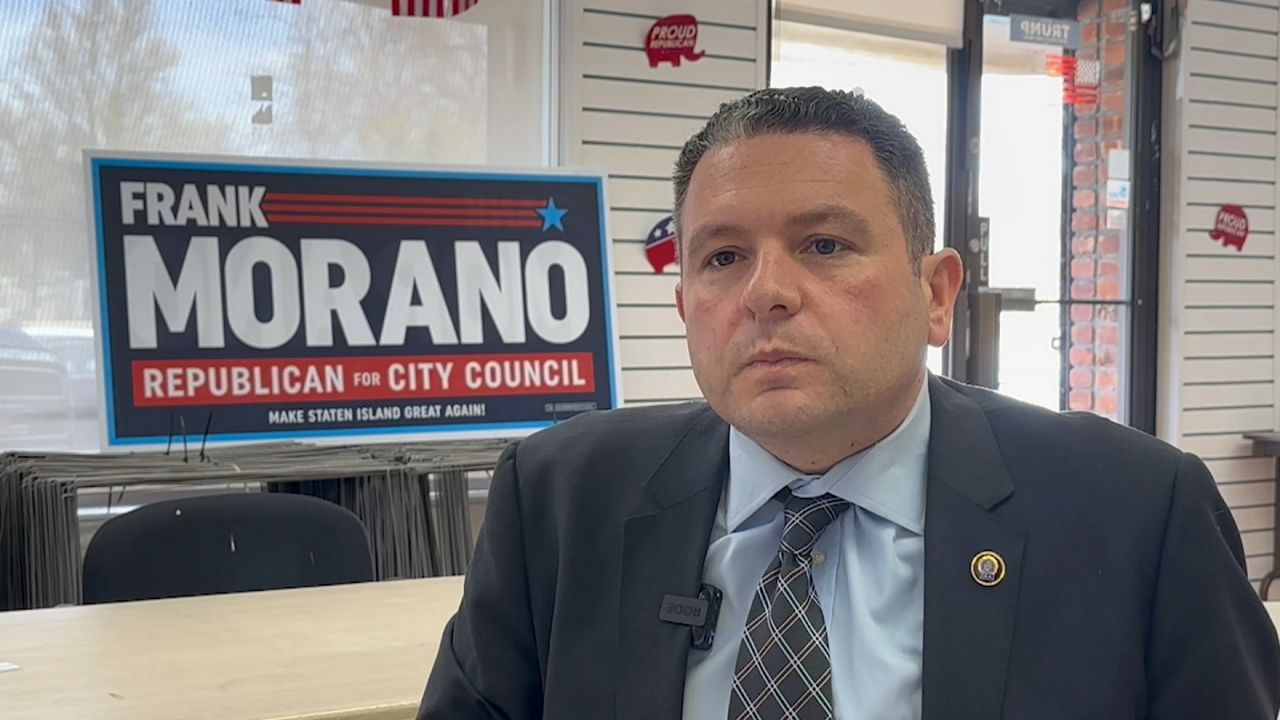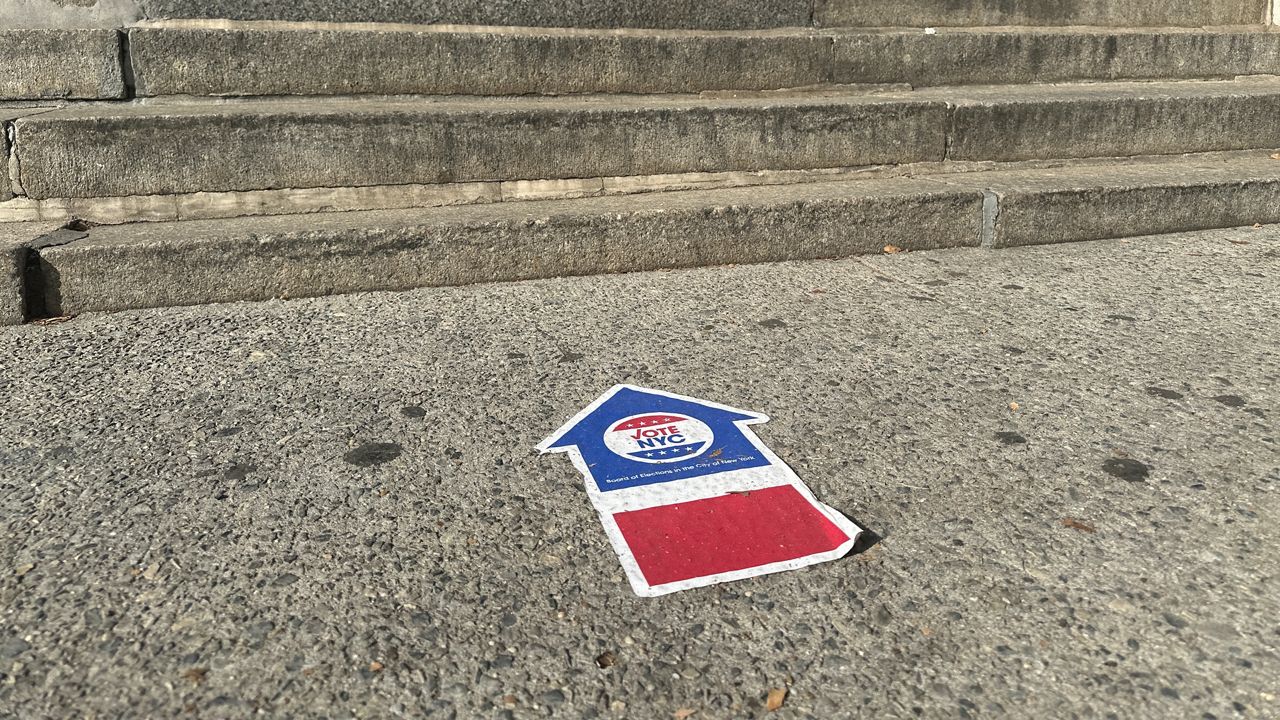While there has been legislation in the past to repeal a law that prevents disciplinary records of police, firefighters and corrections officers from being made public - this was the first hearing on the issue since the high-profile death of Eric Garner in 2014, at the hands of the police.
"One of the reasons we are here is to have a conversation with all stakeholders. Law enforcement, advocates, impacted individuals; we want to hear them out. And that's the reason why I'm holding this hearing today, and on the 24th up in Albany, so that we can hear from everybody before taking legislative action on January 8th, to begin our new session. We want to hear every voice," said state senator Jamaal Bailey.
While Garner’s death started a national conversation on the scourge of people of color being killed by police, it was hardly the first case. Valerie Bell lost her son Sean in a hail of police bullets in 2006, the night before his wedding.
"Today because 50A has been expanded through politics and case law, families cannot even get the most basic details about the officers who have killed our loved ones. Like their names, and if they are still patrolling our streets," said Valerie Bell, a parent of a victim.
Law enforcement officials oppose a simple repeal of the law known as 50A.
“50-a simply protects your personal records. Any District Attorney, any Attorney General, any Judge, can certainly subpoena your records and put them for testimony anywhere, anytime,” said former PBA president Lou Matarazzo.
“The parents of those who lost children in clashes with the NYPD are urging lawmakers to repeal 50A as soon as they return to Albany in January, within that first month. By basis of comparison about 23 other states also have laws like 50-a sealing records, so about half. This was the first of two public hearings; there will be another one next week in Albany.








_PKG_Hudson_Yards_Zoning_Hearing_CG)
